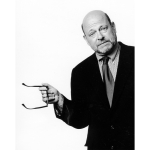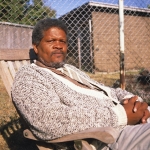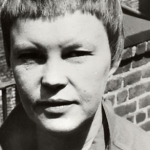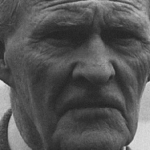Fair enough: you people have eaten me,
I—wrote you down.
They’ll lay you out on a dinner table,
me—on this desk.
I’ve been happy with little.
There are dishes I’ve never tried.
But you, you people eat slowly, and often;
You eat and eat.
Everything was decided for us
back in the ocean:
Our places of action,
our places of gratitude.
You—with belches, I—with books,
with truffles, you. With pencil, I,
you and your olives, me and my rhyme,
with pickles, you. I, with poems.
At your head—funeral candles
like thick-legged asparagus:
your road out of this world
a dessert table’s striped cloth.
They will smoke Havana cigars
on your left side and your right;
your body will be dressed
in the best Dutch linen.
And—not to waste such expensive cloth,
they will shake you out,
along with the crumbs and bits of food,
into the hole, the grave.
You—stuffed capon, I—pigeon.
Gunpowder, your soul, at the autopsy.
And I will be laid out bare
with only two wings to cover me.
Late July 1933





















Comment form: